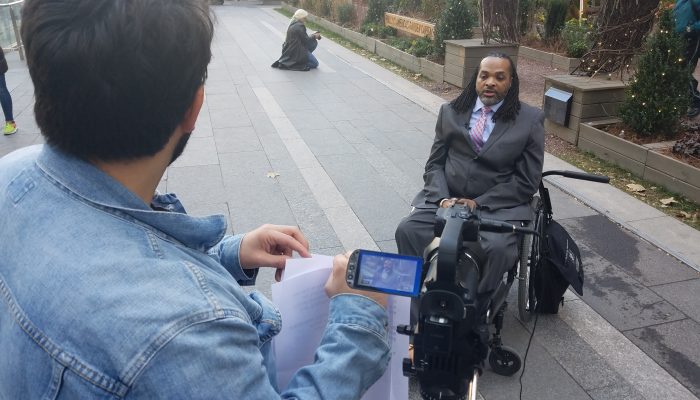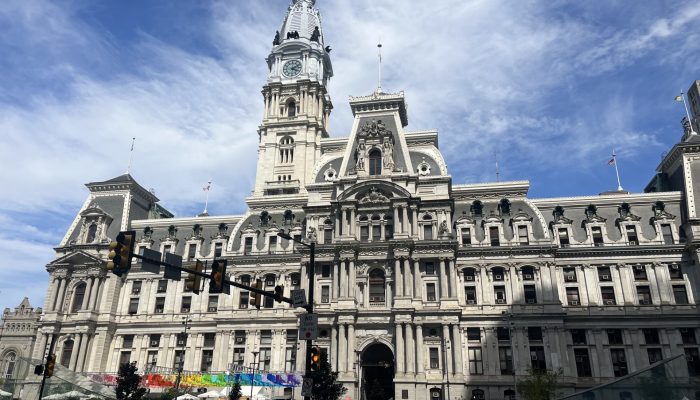Part of the Plan is the Office of Emergency Management’s monthly video series where we open our public safety plans and partnerships. Something we value at OEM is informing and including the public as to your roles in our plans. As we say: You are the Public in Public Safety. Another value we practice is all-inclusive emergency planning, which is why we formed the City’s Access and Functional Needs panel. This month, we look at whole-community planning, focusing on people with disabilities. Leaders and advocates in access and functional needs, Charles Horton ,from the Philadelphia Mayor’s Commission on People with Disabilities, and Neil McDevitt, Executive Director from the Deaf-Hearing Communication Centre, helped us form the message.
November 23, 2017
The holiday season is a time full of memories, when you are surrounded by family and friends, which makes it a great time to evaluate your support system in case of emergency.
Be prepared year-round for any situation that may cause you to leave your house unexpectedly.
This includes:
- Know where you can go. If you need to leave your home, do you have a place to go that meets your needs? Make a Family Emergency Plan.
- Create an emergency contact list. Have phone numbers of family, friends, and emergency contacts written down or stored somewhere.
- Know how to evacuate. Write down a personal ability plan if you should need to leave your home for any amount of time. Think about what you will be able to do and what help you may need before, during, and after an emergency.
- Make a medicine list with the names and phone numbers of your doctors, your medications, how much you take, and your medical conditions. Write down what special equipment you use, your allergies, and any communication difficulties you have. Try to keep a seven-day supply of medications with you and fill your prescriptions as early as you can.
- Make a Go-Bag. Keep an emergency supply kit in your home, car, workplace, and anywhere you spend your time. Include food, water, a first aid kit, adaptive equipment, batteries, and supplies for your pets or service animals.
And during the holidays, be aware of any hazards around your home that may affect your mobility or that are tripping hazards, especially for seniors and people with low vision. This includes gifts, lighting, and trees.
Have a wonderful holiday season and be safe year-round by being emergency ready at home.




